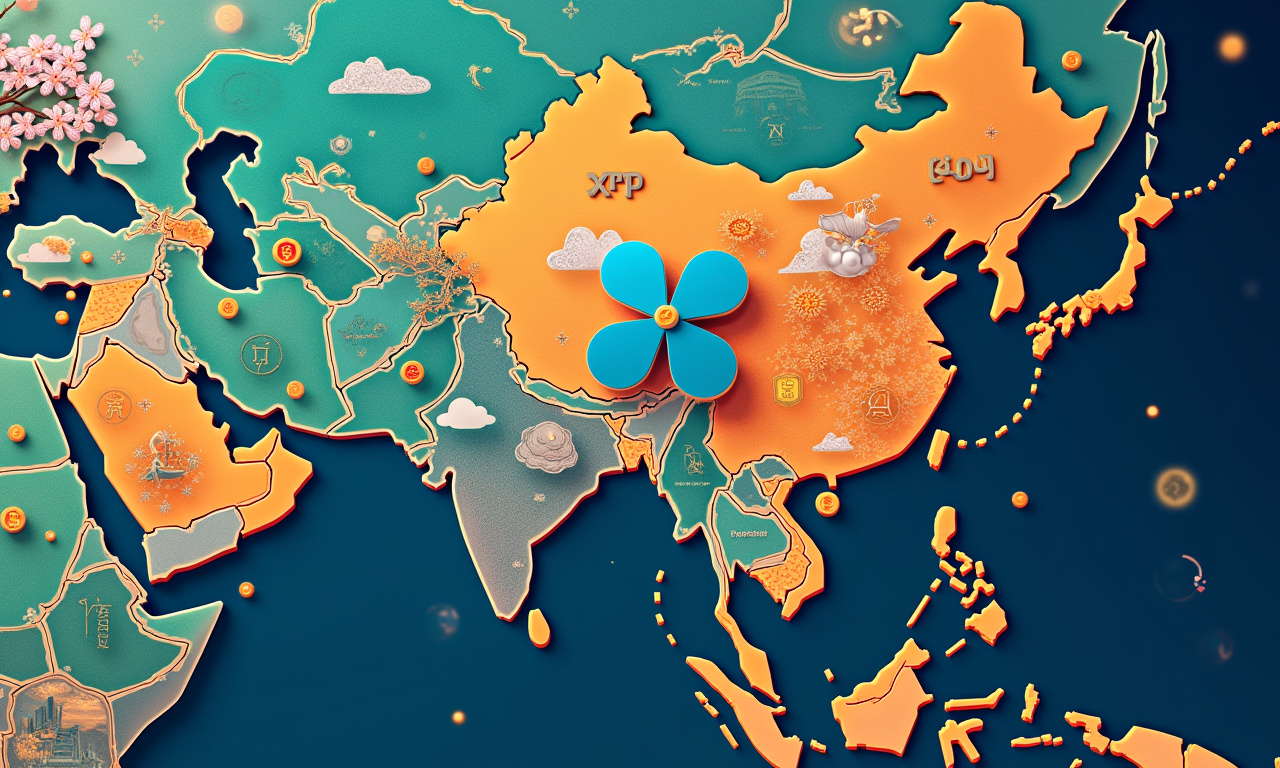
Mechanize's 'Automation of All Work' Aims to Erase Asia's Booming BPO?

Josefa dela Cruz
The Floor Silicon Valley dream of complete automation has arrived, people! Mechanize, fresh off its TechCrunch debut, boldly proclaims its mission: "automation of all work." Sounds utopian, right? A world without drudgery? Maybe. For millions across Asia, the prospects seem bleak. This is doubly true for those propelling the Business Process Outsourcing (BPO) explosion, who see it as a techno-apocalyptic force.
Is $60 Trillion Worth Human Cost?
Tamay Besiroglu, Mechanize’s founder, knows an $60 trillion opportunity when he sees one, and believes it’s ready for a dash of automation. That's the estimated global wage bill. And while I admire ambition, I can't help but wonder: at what cost? This isn’t just about replacing repetitive assembly line work; Mechanize is going after white-collar jobs. The same jobs that have pulled millions of families out of poverty in countries like the Philippines, India, and others.
The scope of the BPO sector extends far beyond operations that require simply answering a phone. It’s not even just customer service and data analysis and software development, it’s a whole boatload of other skilled technical tasks. These are the very future-proof jobs we’ve been instructed to train for. Today, Mechanize aims to create virtual environments and automate all of it.
It’s tempting to get lost in the tech-bro hype of “disruption”. But let's connect the dots. This isn't just about algorithms replacing spreadsheets. It's about potentially destabilizing entire economies. Economies that have pinned their prosperity on a large scale, globalized labor pool.
Will AI Augment or Annihilate Jobs?
MIT's David Autor offers a comforting narrative: automation augments workers, makes them more valuable. He points to historical precedent. Agriculture to manufacturing, manufacturing to services. But is this time different? Autor’s historical lens does not do justice to the speed and scope of AI-driven automation. We’re not referring to a multi-decade transition. We’re discussing a particularly fast form of displacement that can occur within just a few years.
New PYMNTS Intelligence research reveals that I’m not the only one worried about this. That’s because a whopping 54% of respondents agree there’s a “significant risk” of widespread job displacement with AI. These are not luddites holding on to last decade’s technology. These are folks who are taking a long-term, outward-looking perspective, and they’re seeing the storm clouds on the horizon.
Who's most worried? Technology and non-customer-facing workers. The same people who are most familiar with the power of AI. That says something, doesn't it?
Ethical VC Funding Or Societal Damage?
Here's another unexpected connection: the VC funding fueling Mechanize. Where is it coming from? So, are these investors truly weighing the ethical implications of their bets? Or are they not because they’re blinded by the potential for massive returns, no matter what the social cost is. This isn’t just about creating a neat product. It’s not just about reshaping the global economy; it’s about doing so with potentially devastating consequences for millions.
The company’s recent X announcement to automate the entire economy should serve as an alarm. The real question, though, is whether we are prepared as a society to accept this. Are we ready to address the inevitable backlash?
To automate, Mechanize creates simulated environments and immersive experiences that replicate real workforce conditions to automate those tasks and jobs. These assessments record all aspects of the work people do in these jobs—the use of technology like a computer, undertaking extended projects, collaboration with others, and working through challenges. That's a broad sweep.
Look, I'm not anti-technology. As someone who has spent years working in blockchain startups, I know firsthand the incredible power that innovation possesses. Innovation without compassion is dangerous. We have to raise the hard questions when it comes to the ethics of the technology that we’re developing. We need to ensure that all Americans share in the rewards of automation. So it’s equally important that these benefits do not become concentrated among the same privileged few. We’ll have to create social safety nets and retraining initiatives. We need to deeply reimagine what work and value look like in the new age of AI.
The BPO sector in Asia is more than a profit line on a company’s spreadsheet. Because it’s not just about numbers — it’s about real people, real families, and real communities. Let's not sacrifice their livelihoods on the altar of Silicon Valley's ambition. Let’s make sure that future of work is a great deal for everyone, not just the early adopters. That's progress worth pursuing.
Let's have a serious conversation about this. What do you think?


